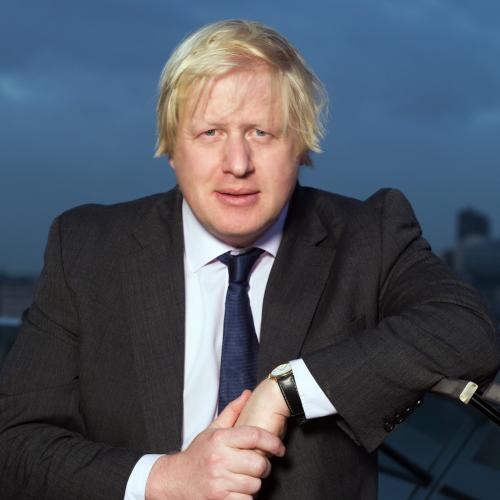The answers given by Boris Johnson, the Prime Minister, at the Liaison Committee held in the House of Commons on 6 July 2022.
Huw Merriman: Turning to another area of policy that perhaps needs to change, at the moment 4% of the Exchequer’s revenues come from motoring taxes. Those will plummet to zero when we all drive electric vehicles. Are you serious about getting a new form of road pricing policy in place to fill that hole? If not, how will it be filled?
The Prime Minister: Road pricing is something that we will eventually have to consider. I’m not attracted to it. I seem to remember that I successfully campaigned to remove the western extension of the congestion charge in London.
Q89 Huw Merriman: I am not talking about road charging in that way; I am talking about—as we do at the moment—charging people per mile they drive, because that is what fuel duty does. You will have to replace that.
The Prime Minister: I see what you mean—for electric vehicles as well, so that you charge a mileage.
Q90 Huw Merriman: Yes, something along those lines.
The Prime Minister: It is certainly the case that we will need a substitute for fuel duty.
Huw Merriman: This comes back to my point about policy delivery, because—
Chair: I am astonished. This is imminent. We are introducing electric cars.
Q91 Huw Merriman: May I finish, Sir Bernard? For three months, Prime Minister, No. 10 has had a recommendation for a working body just to look at this, because something has to fill the 4%. The Treasury signed off on it, and for three months it has been sat in No. 10. One week, I am told somebody has signed it off; the next week, someone else has looked at it and stopped it, and it is stuck. My question is: the inertia inside No. 10—perhaps because of the events that we will go on to talk about—
The Prime Minister: Nonsense.
Q92 Huw Merriman: You say it’s nonsense, but it is a nonsense that we have been waiting three months just for someone to sign off on something that fills 4% of the Exchequer—that is the nonsense. Do you not agree that something should be done? If you can’t do it, do you think that perhaps someone else could come in and run it properly?
The Prime Minister: This No. 10 was actually the first Government in Europe to set a timetable for moving away from internal combustion engine cars by 2030.
Q93 Huw Merriman: I know. That is why you should follow through on the consequences of it.
The Prime Minister: We have been moving at blistering speed. We are looking at all fiscal proposals to replace fuel duty, and I am happy to come back.
Q94 Huw Merriman: You’re not. You are actually currently sitting on all proposals.
The Prime Minister: I cannot believe that the Treasury is showing the slightest hesitation or reluctance to find a new way of taxing motorists.
Q95 Huw Merriman: That is my point. The Treasury signed off on it. No. 10 then insisted on looking at it and has sat on it for three months. I think Andrew Griffith is currently the one who has now said, “No, I don’t like this.” We are therefore stuck, having thought we had cleared all the hurdles.
The Prime Minister: I will take it up with Andrew.
Q96 Chair: I was shadow Transport Secretary in 2000, and road charging was seen as the future then. Successive Governments have dodged it, but why is your Government dodging it when you are already abandoning the revenue stream from hydrocarbons?
The Prime Minister: Sir Bernard, why do you think we necessarily are? We have got to find a way of filling the gap left by fuel duty.
Q97 Chair: You have actually got a target for eliminating fossil-fuel cars, but you have not got any plan in place to replace the revenue.
The Prime Minister: I think it highly unlikely that the Treasury will let any opportunity go to substitute revenue from motoring. What we want to do is, for the purposes of the environment, to encourage the take-up of low-carbon vehicles, and that is why the fiscal strategy is framed as it currently is. That is what we are doing for the time being.
